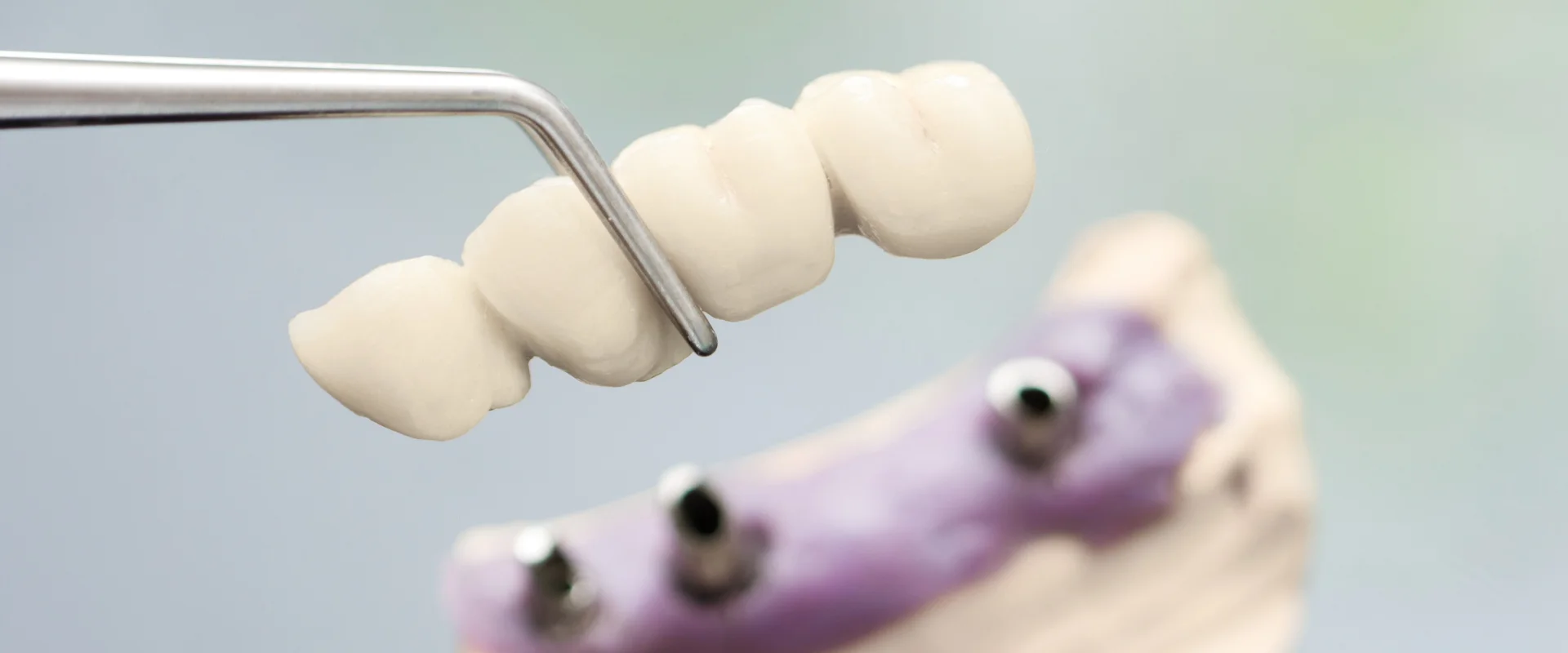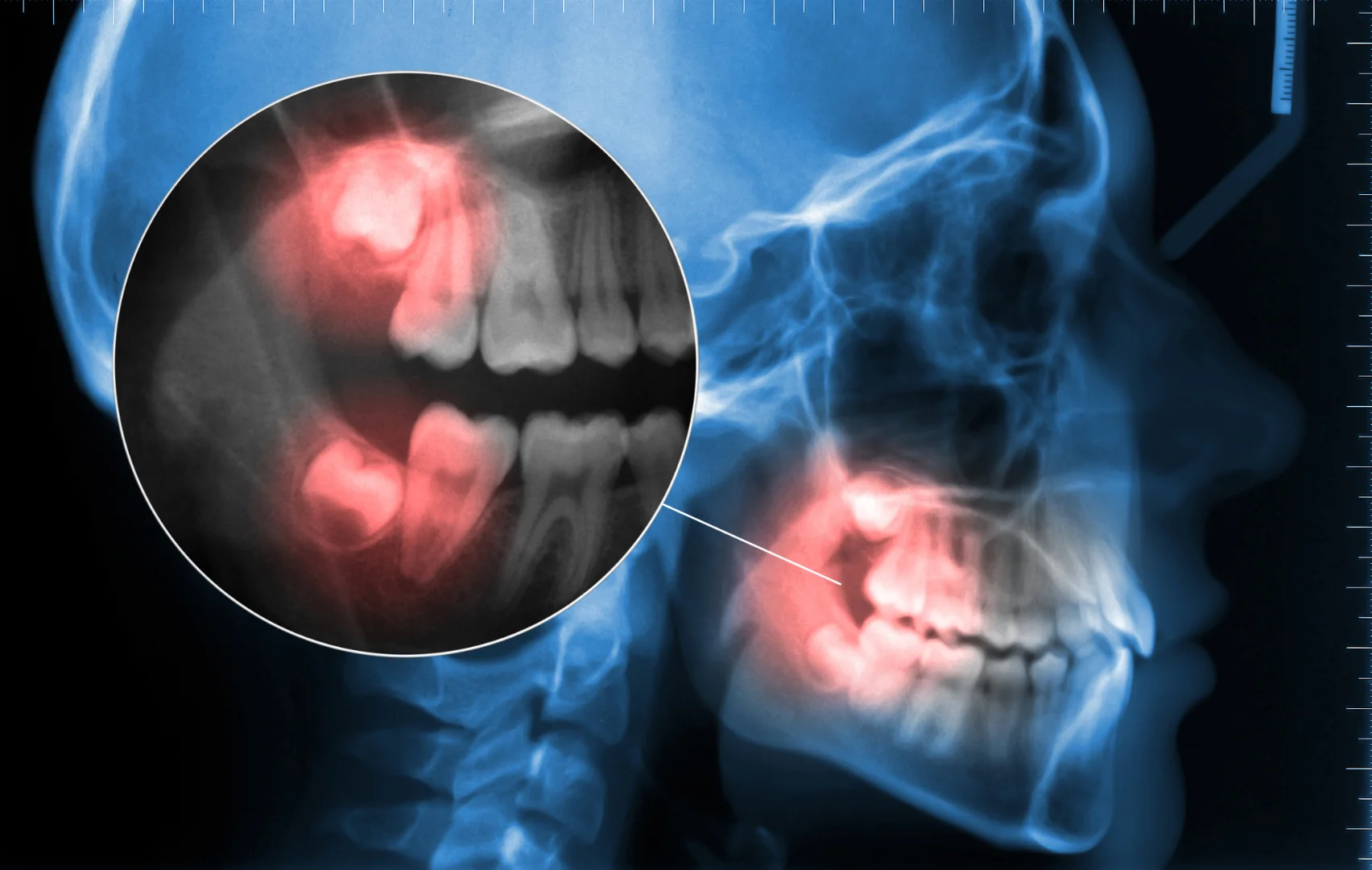Tooth loss can occur for many reasons, and the process of tooth extraction can cause anxiety and discomfort. But, the psychological effects can last for years. About 70 percent of people in the United States are missing one or more teeth, so everyone should try to understand the far-reaching effects of tooth loss. Complete tooth loss is a significant oral health issue, particularly among older adults and vulnerable populations such as racial minorities and those with lower socioeconomic status. Certain groups, including individuals with chronic conditions or limited access to care, are at higher risk for tooth loss.
Introduction to Oral Health
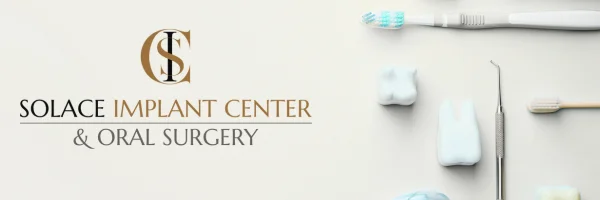
Oral health is a vital part of your overall health and well-being. Taking care of your teeth and gums through good oral hygiene habits—like brushing, flossing, and regular dental visits—can help prevent tooth loss and maintain a healthy smile. Losing one or more teeth can affect not just your appearance, but also your self-confidence and daily comfort. Fortunately, there are effective tooth loss treatment options available, such as dental implants and dental bridges, to replace missing teeth and restore both function and aesthetics. By prioritizing oral health and seeking timely treatment, you can prevent tooth loss and enjoy a confident, healthy life.
Risk Factors for Tooth Loss
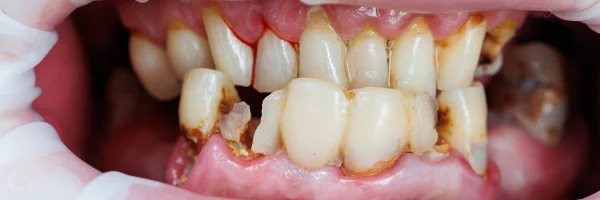
Several factors can increase your risk of tooth loss. Poor oral hygiene is a leading cause, as it can lead to tooth decay, gum disease, and periodontal disease—all of which threaten the health of your teeth. Other risk factors include smoking, certain medical conditions, and a diet high in sugary or acidic foods, which can contribute to cavities and weaken tooth enamel. Regular dental visits allow your dentist to catch problems early, while preventive treatments like dental sealants and fluoride can help prevent cavities and strengthen your teeth. By understanding these risk factors and making healthy choices, you can reduce your chances of losing teeth.
Speech
Teeth affect the way we talk, and dentists often help patients understand that missing teeth can make it difficult to pronounce certain sounds. When people lose teeth, their speech can be affected, which impacts social interaction and may cause a person to become self-conscious and depressed.
Appearance
Teeth also affect our facial appearance and play a crucial role in facial aesthetics. Missing teeth can negatively impact the appearance of the smile and disrupt overall facial harmony. Teeth make a person look younger by filling out the jaw area. When multiple teeth are missing, the face sags inward, which can result in facial collapse—a condition where the loss of teeth and supporting bone structure causes significant changes to facial contours, making the person appear older. The appearance of lost teeth can also affect a person’s social interaction and can lead to low self-esteem and depression.
Replacement Options
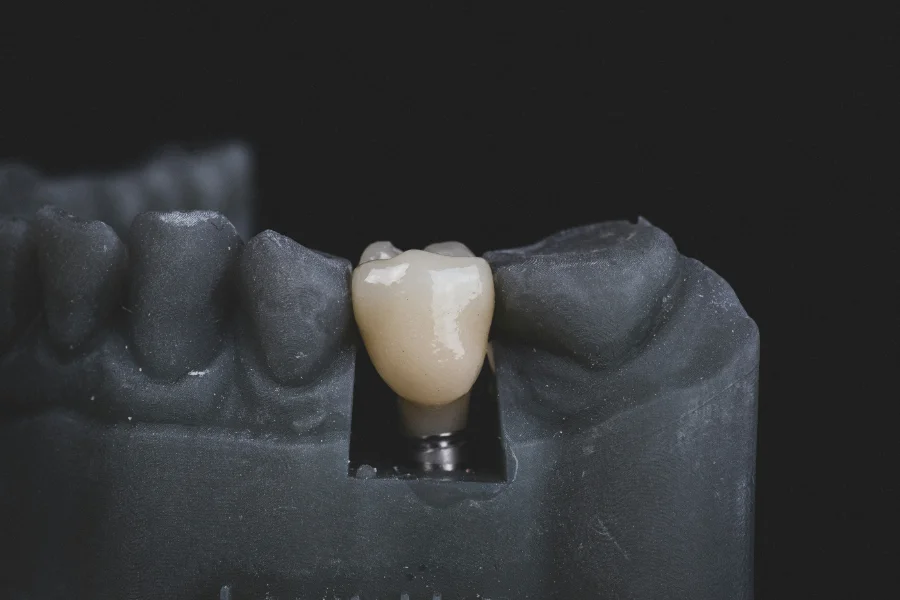
Ideally, when a tooth or teeth need to be removed, they are replaced. If the issue involves one tooth, oral professionals may implant a post and crown or bridges. The psychological effects of this depend on the person’s degree of satisfaction in the replacement tooth. When you lose a tooth, it can affect your oral health, self-esteem, and social interactions. The leading causes of tooth loss include cavities, gum disease, and trauma, and young adults are at higher risk of tooth loss due to sports injuries and accidents.
Ill-fitted crowns and bridges cause discomfort and trouble chewing, resulting in anxiety and frustration. Cleaning a bridge requires extra attention. If a person is not willing to adhere to an increased cleansing regimen, gum issues may arise. Certain populations are at higher risk for tooth loss due to socioeconomic and health disparities, which can increase the risks of dental complications.
Another option is dental implants. Implants are an effective solution for single tooth replacement or multiple teeth. With this solution the tooth both looks and functions just like a natural tooth. Dental implants are specifically designed to replicate the function and appearance of natural teeth.
Dentures may be used when all teeth are removed. A well-fitted denture is important, as ill-fitting dentures cause pain and make it difficult to eat. Denture wearers may be anxious about eating in public, and patients who suffer bone loss in their jaw have difficulty wearing dentures. A person with too much bone loss may not be a good candidate for dentures. It is important to protect permanent teeth throughout life to prevent complications and the premature loss of teeth, which can lead to malocclusions, facial asymmetry, drifting, supra-eruption, and functional impairments.
Absence of oral treatment often leads to avoiding social situations because of changes in appearance and speech, as well as difficulty eating. Tooth loss consequences include impaired chewing, dental drifting, and facial changes, and awareness of these consequences can improve oral health outcomes. The consequences of tooth loss extend beyond aesthetics, highlighting the importance of understanding these outcomes for prevention and treatment. Over long periods, tooth loss can also contribute to additional health issues, including changes in brain function and cognitive decline. Risks associated with tooth loss include nutritional deficiencies, obesity, and other systemic health problems. Contact Solace implant center & Oral Surgery to learn how we can restore your confidence with oral management and treatment.
Prevention and Maintenance
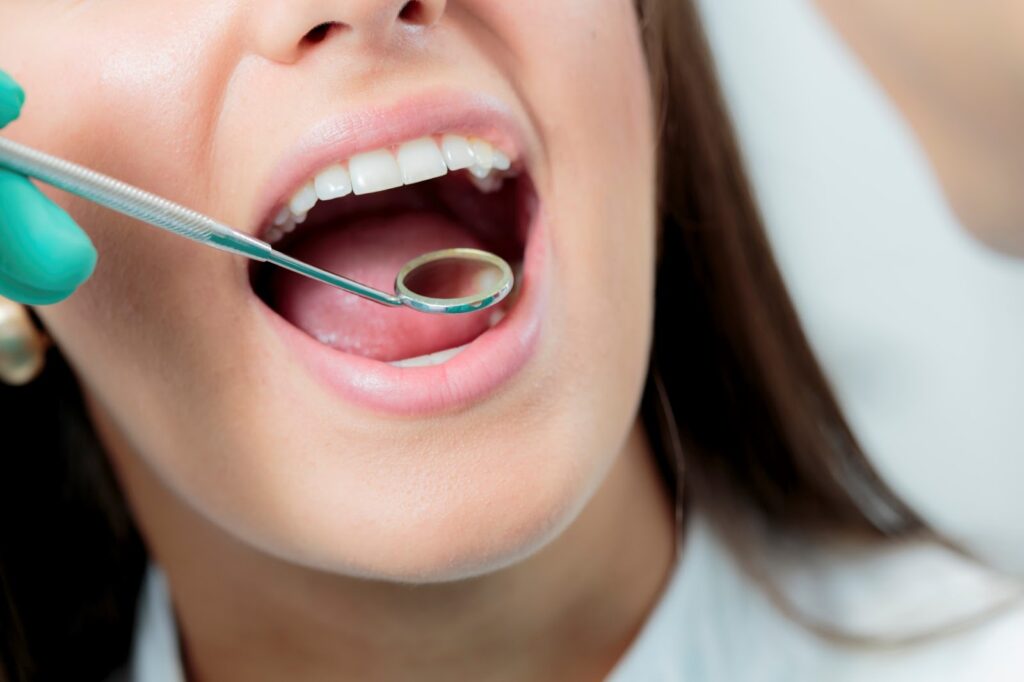
Preventing tooth loss starts with simple daily habits and regular dental care. Brushing and flossing, along with routine dental checkups, help protect your existing teeth and catch problems before they lead to further tooth loss. Preventive treatments like dental sealants and fluoride can strengthen teeth and reduce the risk of cavities. Making healthy choices—such as limiting sugary and acidic foods, quitting smoking, and managing chronic health conditions—also plays a key role in maintaining oral health. By staying proactive and working with your dentist, you can protect your teeth and enjoy a healthy, confident smile for years to come.


